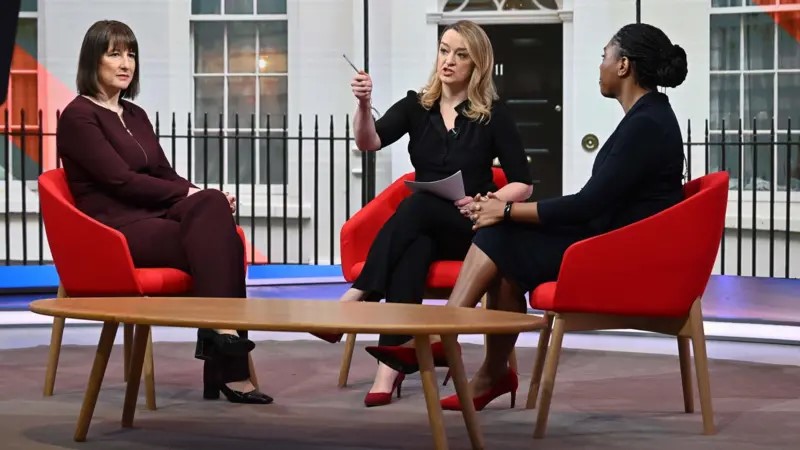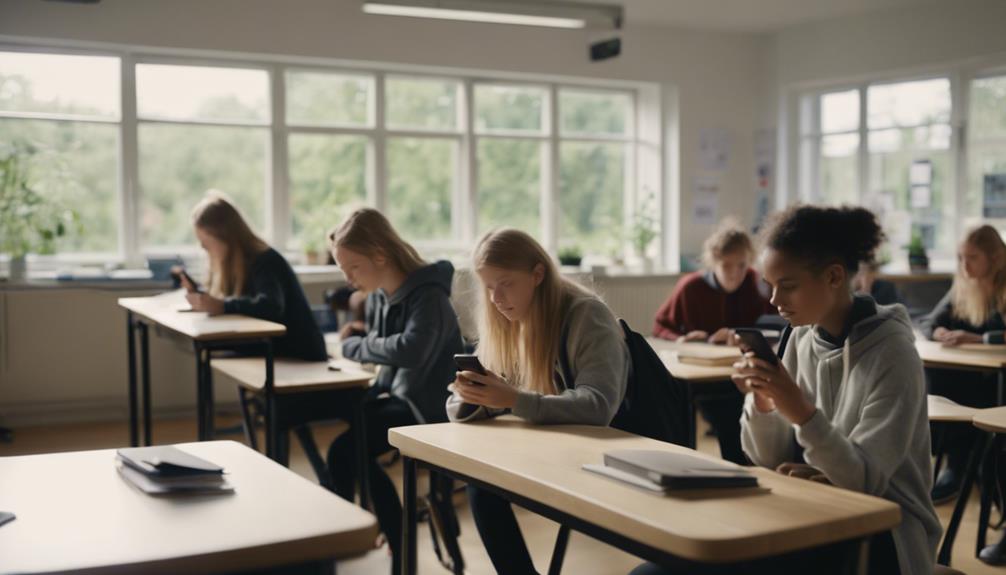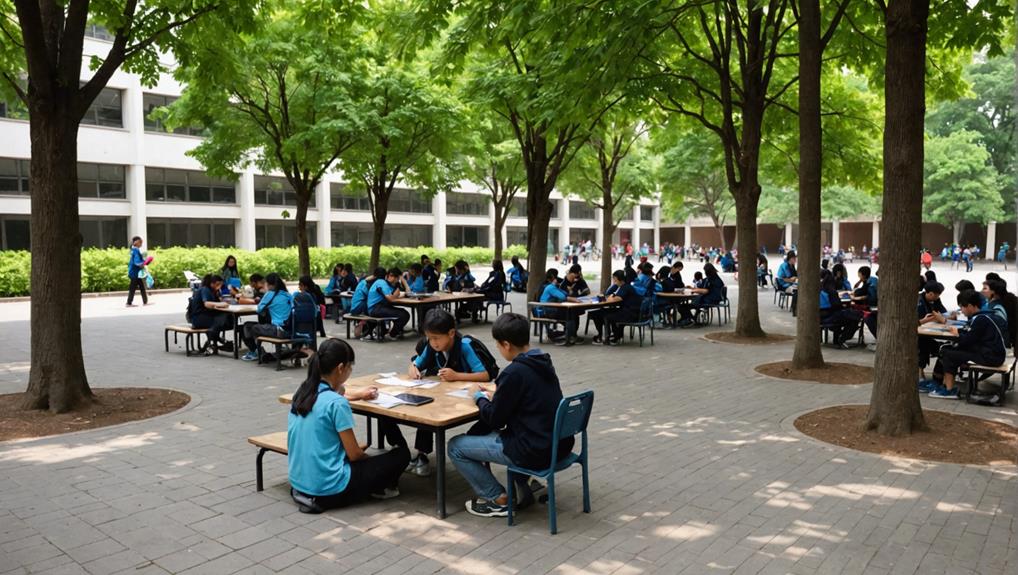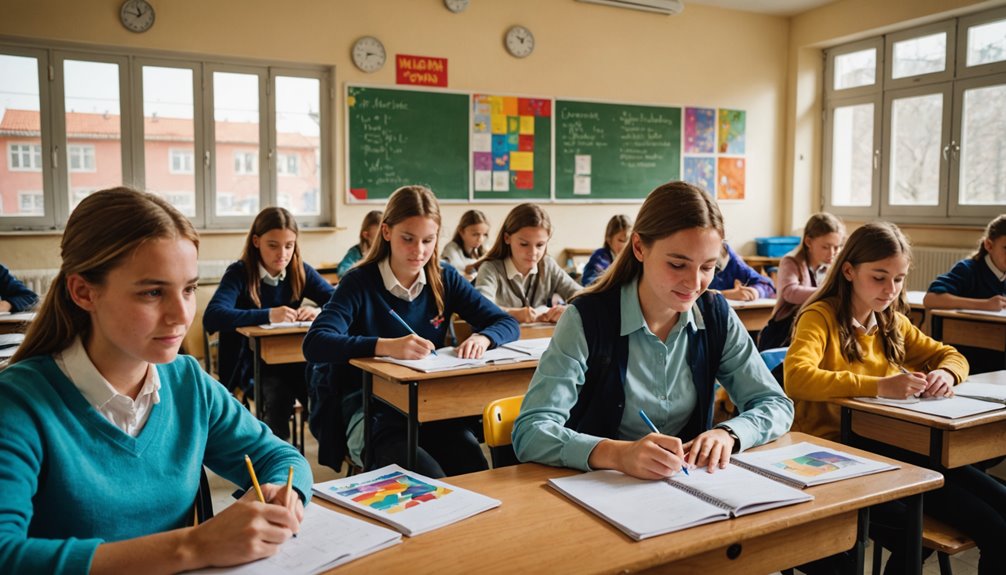Tories Push for Tighter Phone Bans in Schools
“If the Labour Government are serious about improving the wellbeing and education of children, as part of their bill, they will accept this amendment”
Amidst Kier Starmer’s recent controversy and allegations regarding his conduct in the ‘grooming gangs’ scandal, the Tories have challenged the Prime Minister to prove he is serious about improving the wellbeing and education of children by accepting their amendments to this bill.
The Labour government are presenting the bill to a committee, but it’s understood they have no plans to legislate banning phones in schools. The current non-statutory guidance put forward by the Tories under Rishi Sunak’s Conservative government, strongly encourages the removal of these devices for the school day but does not mandate it either.
However, it had been made clear at the time, if the issue persisted Education Minister Damin Hinds MP had prepared effective legislation on the matter to action. Now out of the hot seat the Tories aim to follow up on their initial promise and replicate the recent policies seen in Australia, imposing an effective phone ban in the UK.
This surge in support for the change comes after research revealed that many schools had still not implemented a ban at all, and a Policy Exchange report found that only 11% of secondary schools have effective phone bans in place, highlighting the necessity for action.
This was further emphasised by a recent documentary Swiped: The school that banned smartphones which analysed students’ cognition for three weeks after they had given up their devices and found:
- A 17% decrease in symptoms linked to depression
- An 18% decrease in anxiety
- A 3% boost in working memory
As well as an abundance of unsettling facts about children’s usage and relationship with smartphones.

The Less Digital Age
As our understanding of smartphones and social media’s impact continues to grow, the calls for bans are growing with it. This was seen in 2024 as UNESCO advocated for bans after a report showed excessive screen time had a negative impact on children’s wellbeing and educational performance, and since only more have joined the movement.
There are already government guidelines for headteachers on how to best prohibit phones in a way that works in schools. However, if this amendment of the bill were to go through, measures on how to execute an effective phone ban would have to be reviewed.
Currently, schools have the autonomy to decide upon their own rules which has resulted in some institutions with no bans at all and other’s having a complete blanket ban. The schools with bans also have varying measures, some have a ‘can’t be seen or heard’ policy, resulting in confiscation if breached. This can lead to uncomfortable stand offs if the student refuses to give up their device and liability issues for the school if the phone is damaged.
Other schools have been exploring Phone Pouches and Phone Locker policies, where students have to ‘lock’ their phone away at the start of the day and can only unlock it at the end. The phone pouch is particularly effective as this allows students to retain possession of their device for the entire day offsetting any liability issues. It also allows for an integrated learning approach as the teacher can allow pupils to temporarily unlock their pouches for interactive learning on their mobiles.
It seems the Tories are moving downstream with this policy, as much of Europe has also taken steps towards banning phones in schools. The overwhelming support from parents, teachers and the general public has been monumental in this societal shift which has led to such a strong push for legislation from the Conservatives.
This amended bill would be an unprecedented step towards the regulation of smartphones in the UK and has led a Department of Education Spokesperson to state that ‘The Children’s Wellbeing and School’s Bill will be a seminal moment for the safety and success of our children’.
Find out more about Phone Bans in UK Schools











